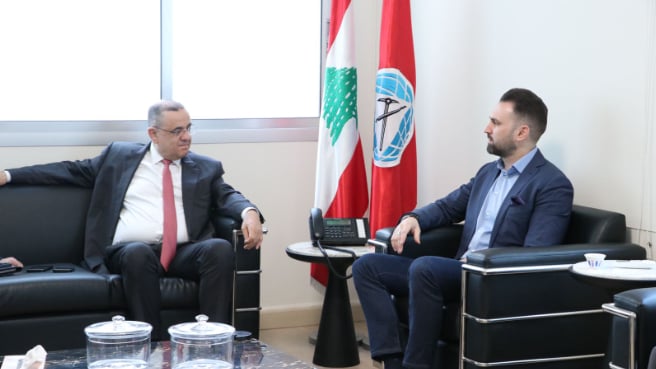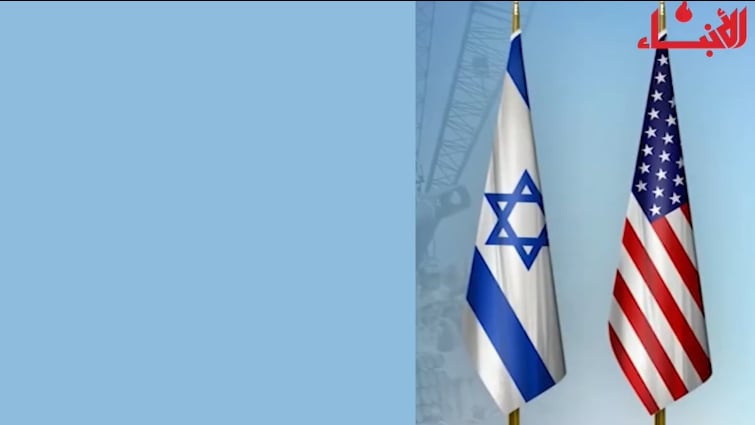Lebanon’s new cabinet, which only passed a parliamentary vote of confidence by a slight majority, has yet to introduce its economic reform plan and has not received signals from the West or Arab countries regarding much-needed financial support to confront the country’s rising challenges.
Except for Kuwait, Lebanese Prime Minister Hassan Diab has not received any congratulatory letters from Gulf countries and, very noticeably, not from Saudi Arabia or the United Arab Emirates.
Lebanon’s relations with the Arab world have severely deteriorated. Traditionally, this small country relied on Arab tourists and funds from Arab governments to finance public projects and support its financial situation, which is on the verge of collapse. Hundreds of thousands of Lebanese citizens work in the Gulf and support their families in Lebanon through regular money transfers.
Much of this can be attributed to Hezbollah’s grip on power in Lebanon, along with its strongest ally, the Free Patriotic Movement (FPM), which culminated with the election of the FPM leader, Michel Aoun, as president in October 2016. The current cabinet has been opposed by four major parties and supported by Hezbollah and a few other allies.
The first foreign guest Diab received was Iranian parliament Speaker Ali Larijani. Lebanese Foreign Minister Nassif Hitti, though hosting ambassadors daily, has not received any requests for meetings from the ambassadors of Saudi Arabia or the United Arab Emirates, reports in Beirut stated. However, the Syrian ambassador to Lebanon has been to visit Hitti.
In the face of Arab seclusion from Lebanon, Larijani expressed Iran’s willingness to extend aid to Lebanon in various economic spheres, although people in Iran are protesting the deteriorating local economy and international sanctions on Tehran are on the rise. This was an offer that was not dearly welcomed in Beirut, especially from opposition parties that failed to offer any official response.
The first impression a visitor to Lebanon receives is that he is in a country that is highly affected by Tehran. The highway from the airport to Beirut is called Imam Khomeini Boulevard and it is adjacent to the Southern Suburbs, an area that hosts Hezbollah’s headquarters, its TV station and its various social institutions.
On February 16, Hezbollah proudly inaugurated a grand statue of the late Iranian Major-General Qassem Soleimani in the southern town of Maroun al-Ras, directly facing the occupied Palestinian territories. The statue depicts Soleimani pointing a finger towards those lands.
Although the president of Hezbollah’s parliamentary bloc, Mohammad Raad, has bluntly said the Diab government does not resemble his party, Hezbollah Secretary-General Hassan Nasrallah publicly called for an all-encompassing collaboration with the new cabinet, including from opposition parties, to save Lebanon’s economy.
Just a few months ago, after the eruption of mass anti-corruption protests in Lebanon and calls for drastic changes to the country’s political class, Nasrallah boasted that Hezbollah could hold on regardless of the expected financial collapse.
Nasrallah was making insinuations regarding the millions of dollars Hezbollah receives each month from Tehran to support its fighters in Lebanon and Syria and to fund its social institutions. Numerous reports in Beirut attributed Lebanon’s dollar crisis and the lack of liquidity to Hezbollah, given its capacity to control the proportionally small Lebanese currency market in light of the issue of supply and demand.
Therefore, politically, culturally and economically, Lebanon is transcending slowly into the Iranian sphere of influence. It has not officially joined the so-called axis of resistance but its isolation is contributing to this proposition. If the new cabinet does not distance itself from this axis it will suffer economically and financially because many international and regional donors might abstain from extending aid to Lebanon.
Lebanese foreign policy has traditionally attempted to balance between the contending regional powers to avoid turning Lebanon, once again, into a battlefield of proxy wars or the backyard for regional tensions. This famous disassociation policy has temporarily preserved the country’s fragile stability.
The Bashar Assad regime is regaining power in Syria after years of turmoil and war while Hezbollah is preserving its strength in the local Lebanese scene because of Iranian support. At the same time, Arabs are steering away from their historical presence in Lebanon.
Given this, Lebanon is on its way to finding itself in a position like Iran’s: sanctions on Hezbollah, limited international relations, confiscated foreign policy and an economy on the verge of collapse.
Where do we go from here?





